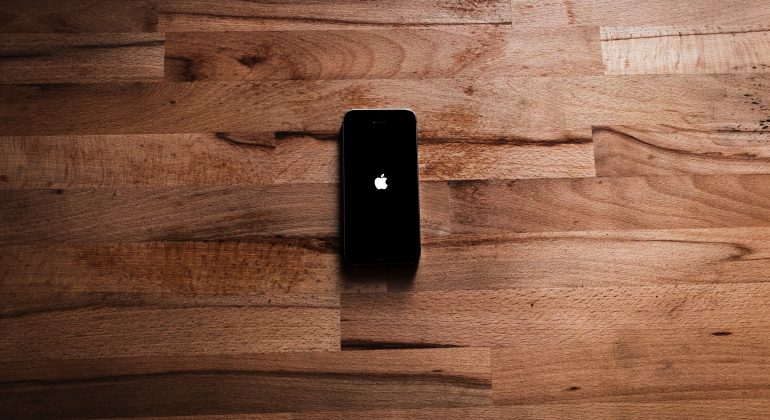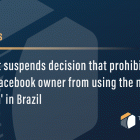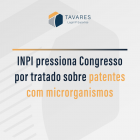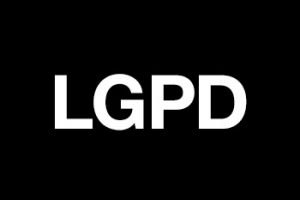Brazil vetoes showing the trailer for the movie “Barbie” in theaters
Clique aqui para ler esta notícia em português.
The National Advertising Self-Regulation Council of Brazil (Conar) opened last Friday (7) an ethical representation against one of the advertisements for the release of the movie “Barbie,” starring Margot Robbie and Ryan Gosling.
This means that the trailer for the release of the feature can no longer be shown in any cinema session whose classification is open to children under 12 years of age to verify their compliance with the recommendations of the Brazilian Advertising Self-Regulation Code.
The agency said the representation “is solely and exclusively aimed at the advertisement, since the film is an artistic work, therefore outside the scope of the Code.”
For CNN, Conar’s press office said that Warner, responsible for production and distribution, can “appeal the injunction and is invited to defend itself before Conar’s Ethics Council.”
Official note from Conar
“Then, the rapporteur for the representation granted a partial injunction, taking into account that the trailer is being ostensibly displayed for children and with scenes of non-urbanity, lack of good manners or violent/unsafe act, which violates recommendations of Section 11 of the Code.
In this sense, and because the protection of children’s rights is subject to the precautionary principle, it granted a partial preliminary injunction, recommending that the disclosure of one of the film’s teasers be stopped, a restriction valid only for disclosures in commercial space blocks at cinema sessions films with an indicative rating of less than 12 years, as this is the child protection age established by article 2 of the Child and Adolescent Statute.”
CNN contacted Warner questioning the company’s position, and until the publication of this text, there was no response.
Source: CNN


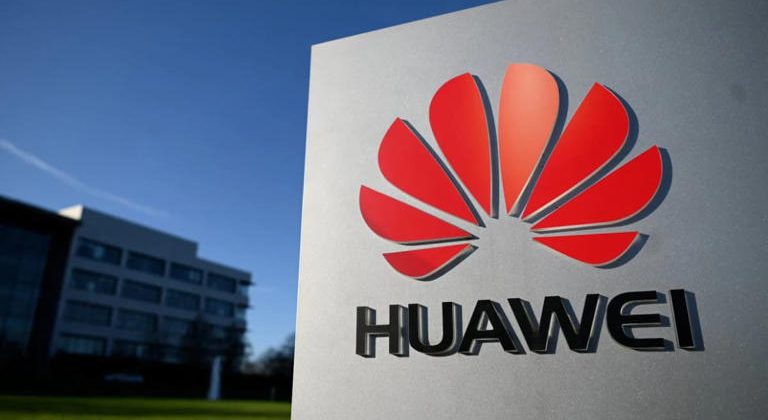
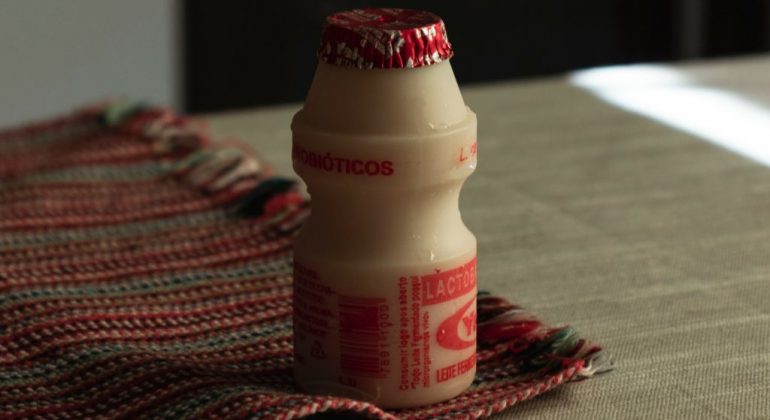
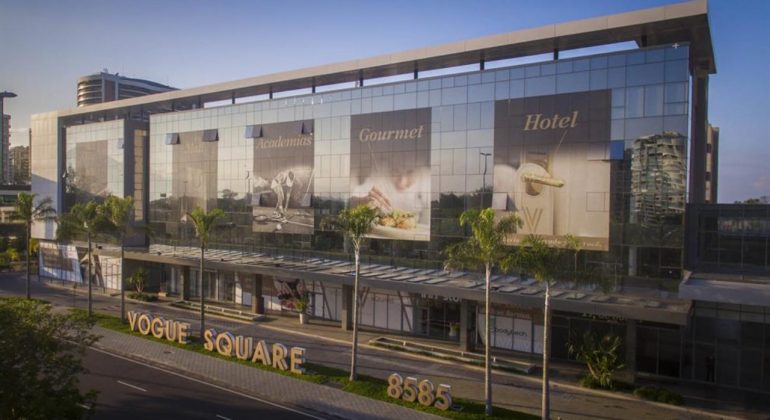
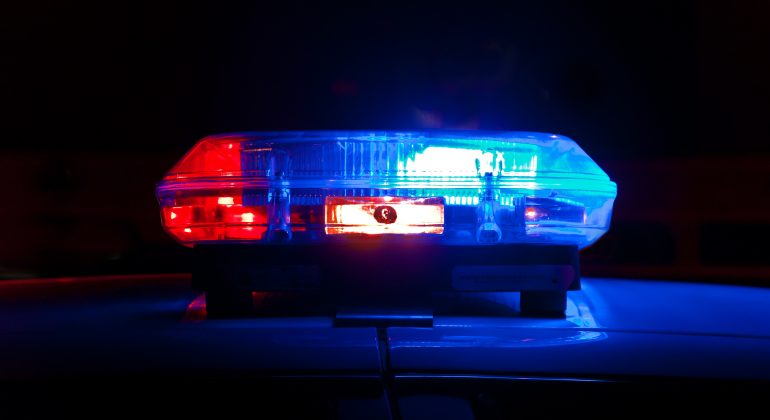
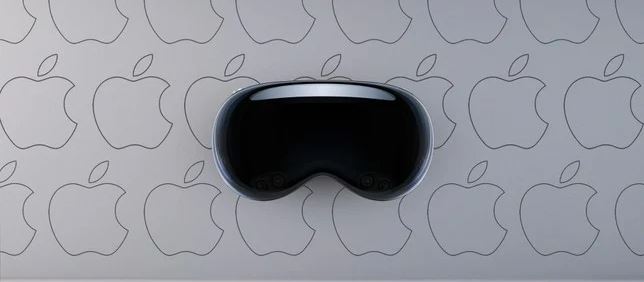
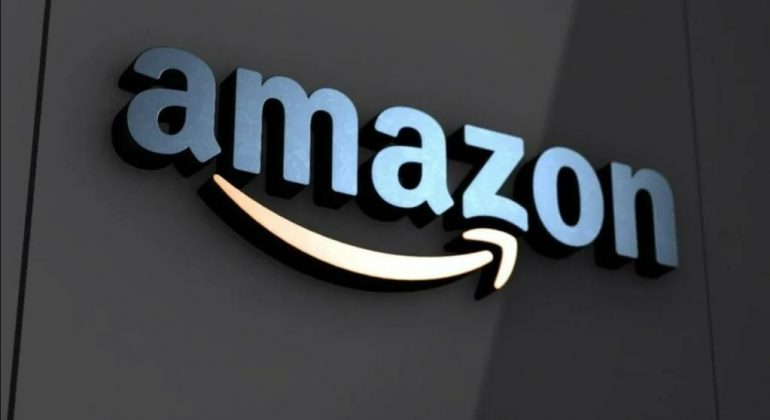
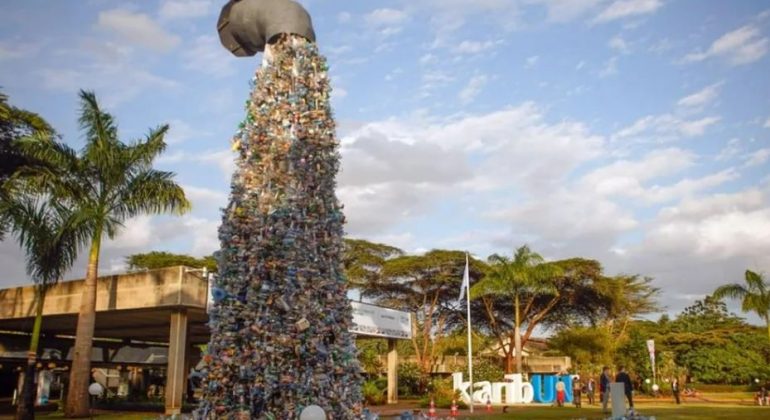
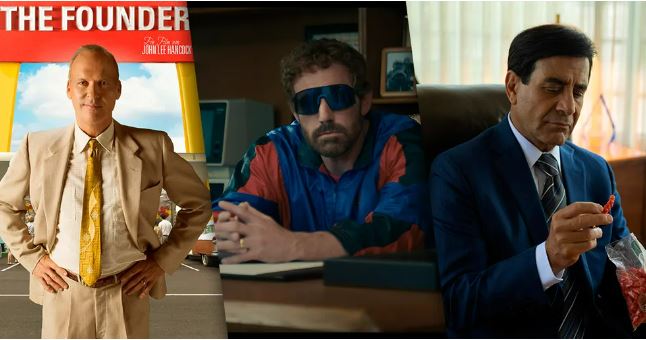
/i.s3.glbimg.com/v1/AUTH_e84042ef78cb4708aeebdf1c68c6cbd6/internal_photos/bs/2023/m/u/h2rkmQSWW8NzpOq56MfA/air-jordan-1.jpg)
/i.s3.glbimg.com/v1/AUTH_e84042ef78cb4708aeebdf1c68c6cbd6/internal_photos/bs/2023/1/H/dR64OfTr2X0asol3aPhQ/blackberry.jpg)
/i.s3.glbimg.com/v1/AUTH_e84042ef78cb4708aeebdf1c68c6cbd6/internal_photos/bs/2023/h/U/BoQZY5ROazZ4lOCciDWQ/cheetos-super-picante.jpg)
/i.s3.glbimg.com/v1/AUTH_e84042ef78cb4708aeebdf1c68c6cbd6/internal_photos/bs/2023/B/A/SP8HfRT1ybxp2NEQ6luQ/fome-de-poder.jpg)
/i.s3.glbimg.com/v1/AUTH_e84042ef78cb4708aeebdf1c68c6cbd6/internal_photos/bs/2023/0/L/PKjV1ASnidfcXAmKJMvQ/tetris.jpg)
